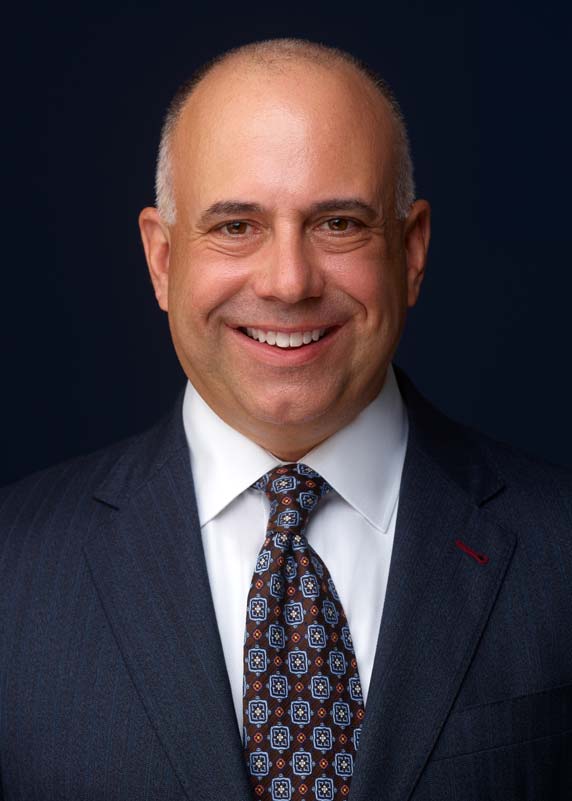Maryland Courts 101: How to Navigate the System
Our Lawyers Explain the Difference Between Circuit Courts and District Courts, and How to Navigate the Maryland Court System
In Maryland there are two levels of trial courts, the District Court and Circuit Court. Every county has one Circuit Court and at least one District Court. Some of the larger jurisdictions, such as Montgomery, Baltimore, and Anne Arundel and Worcester Counties as well as Baltimore City, have more than one District Court location.
The District Court is the lowest level of trial court in the state and is the court where most citizens have their only contact with the court system. Cases in the District Court are mostly misdemeanors and can range anywhere from speeding tickets to alcohol related driving offenses to second degree assault. There are no jury trials available in the District Court, thus, if a Defendant is facing an offense that carries more than 90 days in jail, he/she can request a trial by jury and the case will be transferred to the Circuit Court. Some jurisdictions schedule the jury trials for the next day while others may not schedule a jury trial for four to six weeks following a request in the District Court.
Most felony cases are heard in the Circuit Court. These are typically the most serious cases, including robbery, rape and murder. A defendant who is charged with a crime in the Circuit Court has the option to have a trial before a judge or jury. This is often a very important strategic decision which must be made in consultation with experienced counsel. The Maryland Sentencing Guidelines apply to cases heard in the Circuit Court and provide guidance to the court in fashioning a sentence for a defendant who has been convicted of an offense.
Criminal cases can be initiated in the Circuit Court by way of information filed by the State’s Attorneys Office or by way of an indictment by the Grand Jury. A felony in the exclusive jurisdiction of the Circuit Court can be initiated in the District Court. If that occurs, the Defendant could request a preliminary hearing for a District Court judge to determine whether there is probable cause to believe that the felony occurred. If the District Court judge finds that probable cause does not exist, the felony will be dismissed and any misdemeanor charged will proceed in the District Court. Often, a preliminary hearing will allow the Defendant to obtain a sneak peak at the State’s evidence, as the Defendant or the defense attorney would be able to cross examine the State’s witnesses.
If a Defendant is convicted of a crime in the District Court, he/she would be entitled to an automatic appeal to the Circuit Court. At that point, the Defendant would be entitled to a trial de novo, meaning a new trial, in the Circuit Court. Thus, a Defendant could have two trials in the same case in an attempt to be found not guilty. In addition, the automatic appeal to the Circuit Court is often used by Defendants as an opportunity to have a Circuit Court judge review a sentence handed down by a judge in the District Court.
It can often be an overwhelming experience for Defendants to try and navigate the court system on their own. It is very important for persons charges with a criminal offense to contact an experienced attorney to obtain proper guidance and advice.
Meet Our Team

Gregory P. Jimeno, Esquire
Partner

Frank C. Gray, Jr., Esquire.
Partner

Magaly Delisse Bittner, Esquire
Partner

Jessica McConnell, Esquire
Associate

Lisa Eckstorm
Office Manager and Funding Coordinator

Alex Avioli-Bent
Paralegal

Erin Finn
Paralegal

Karen Nolasco
Paralegal

Robyn Youssef
Intake Specialist
